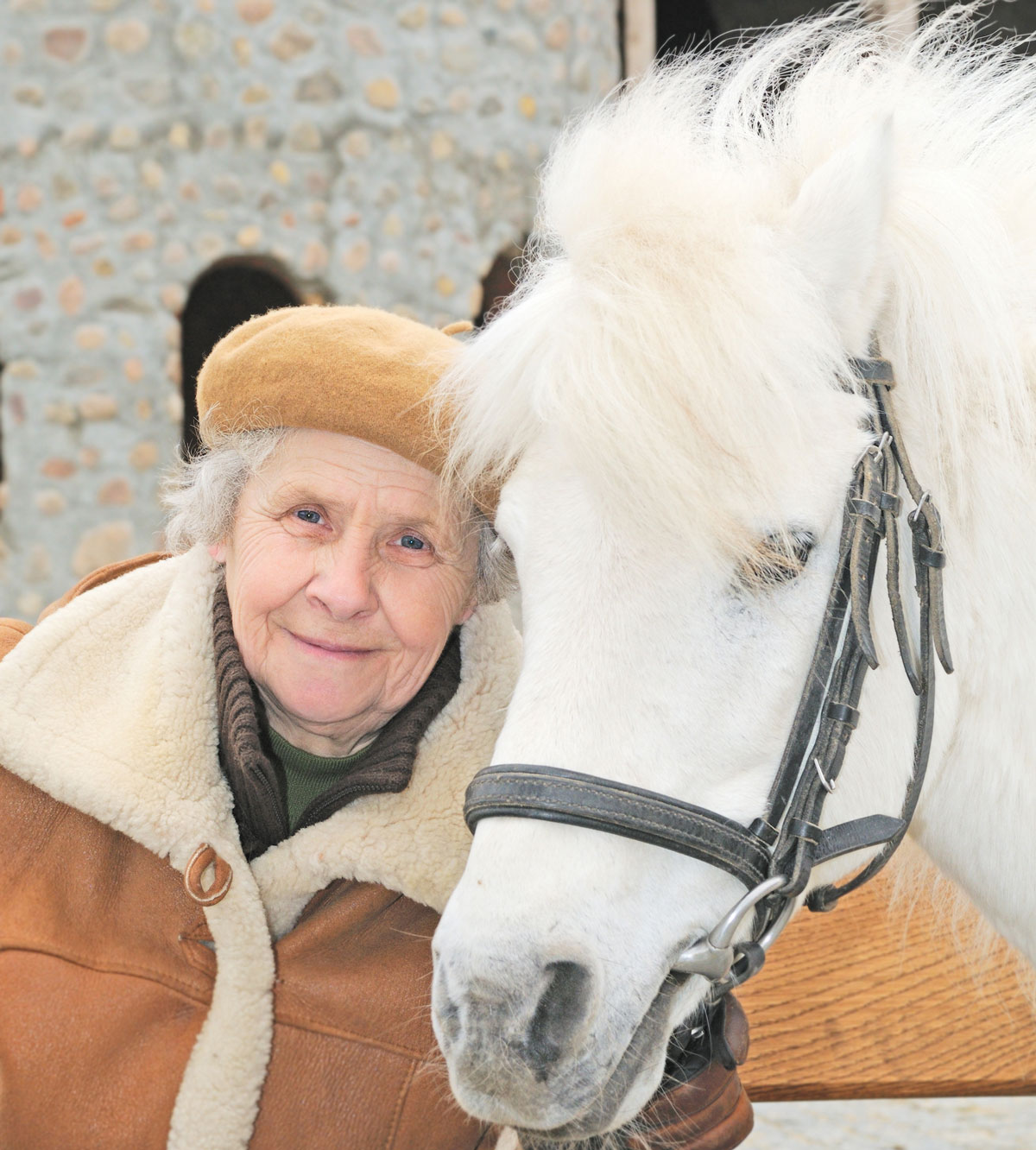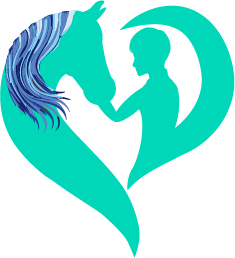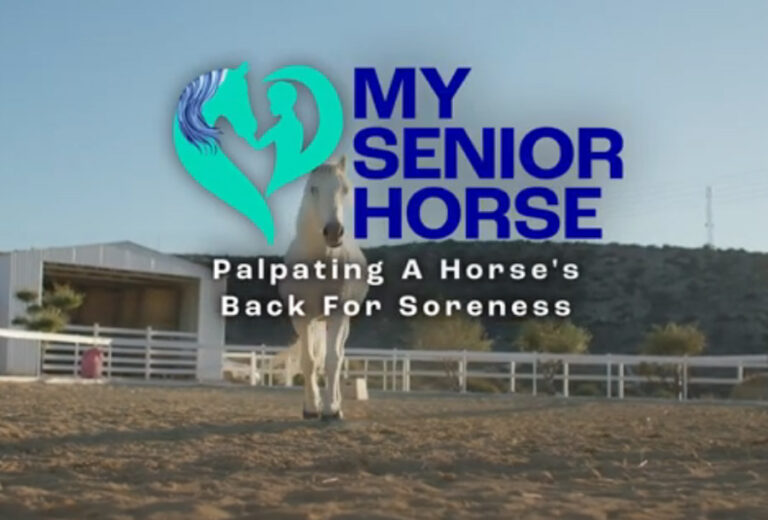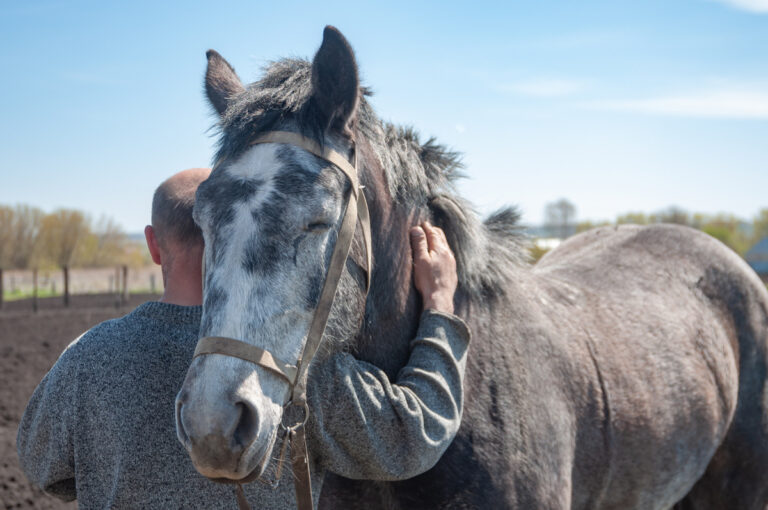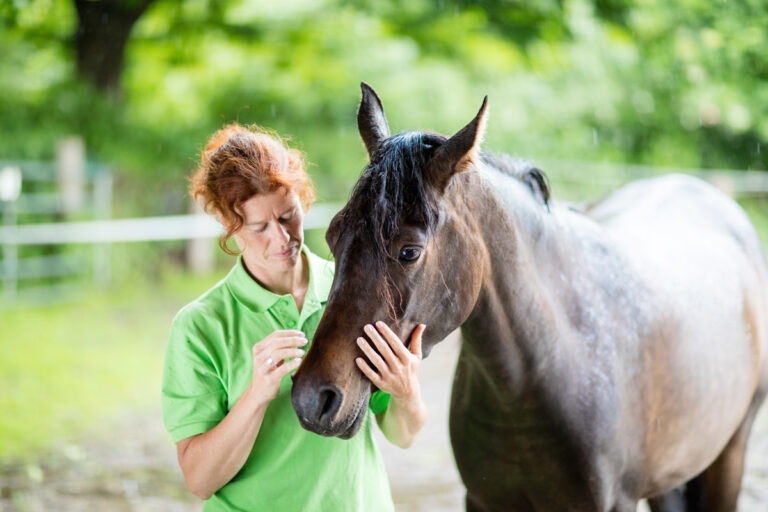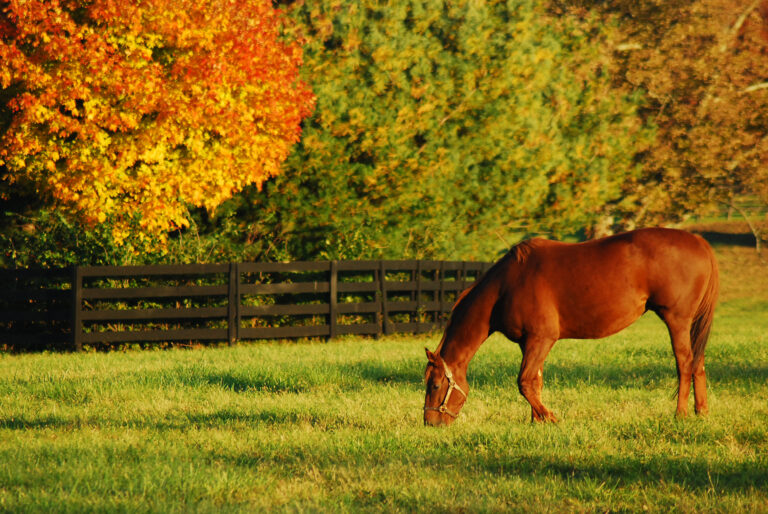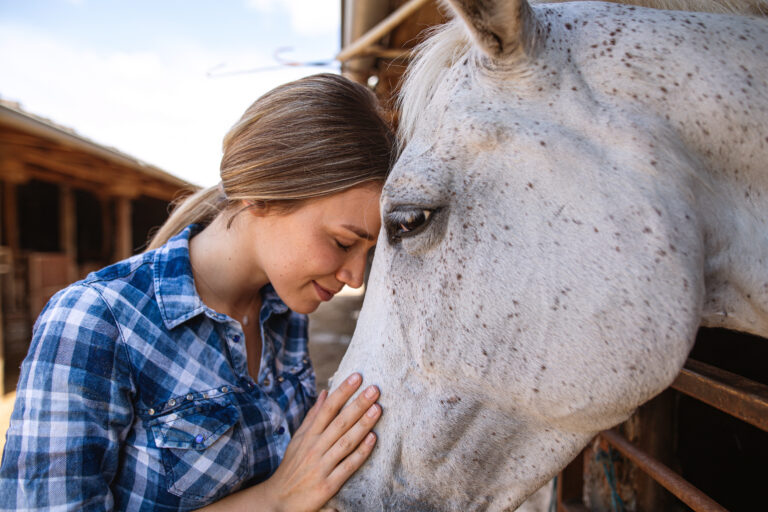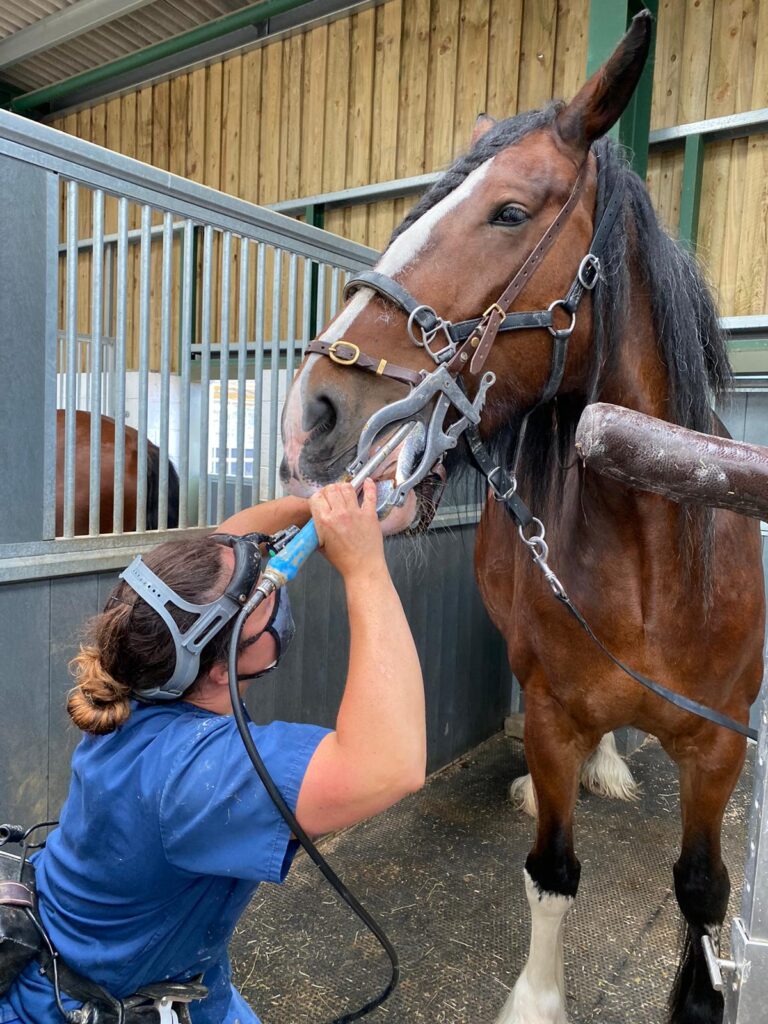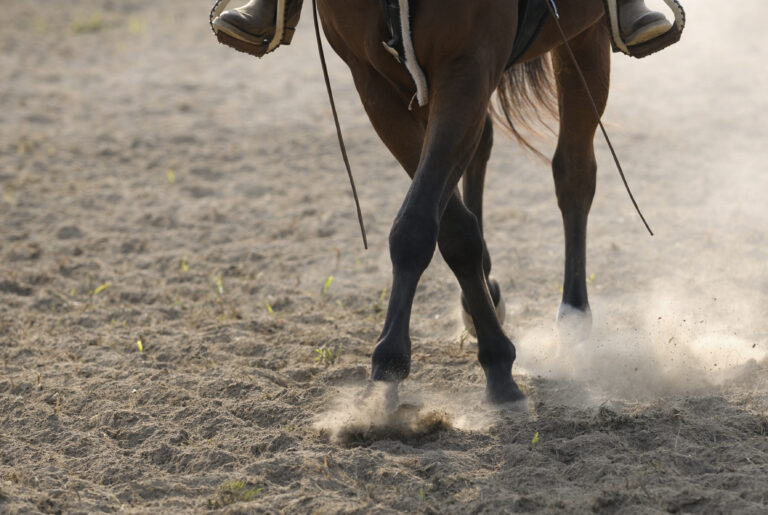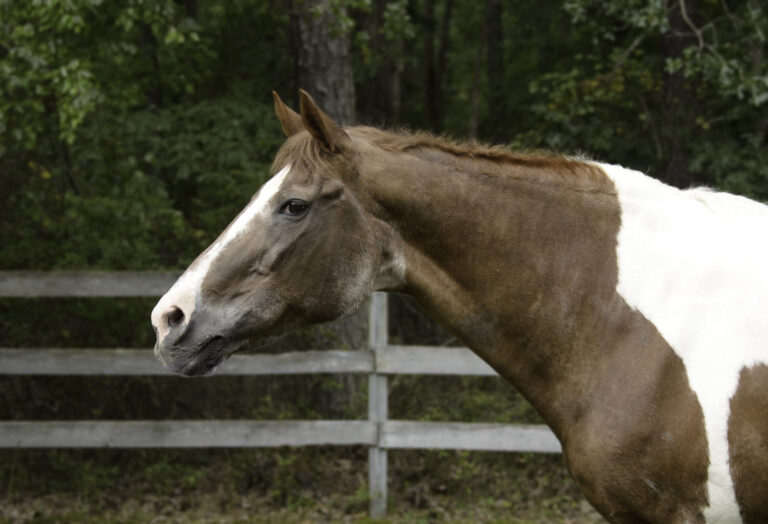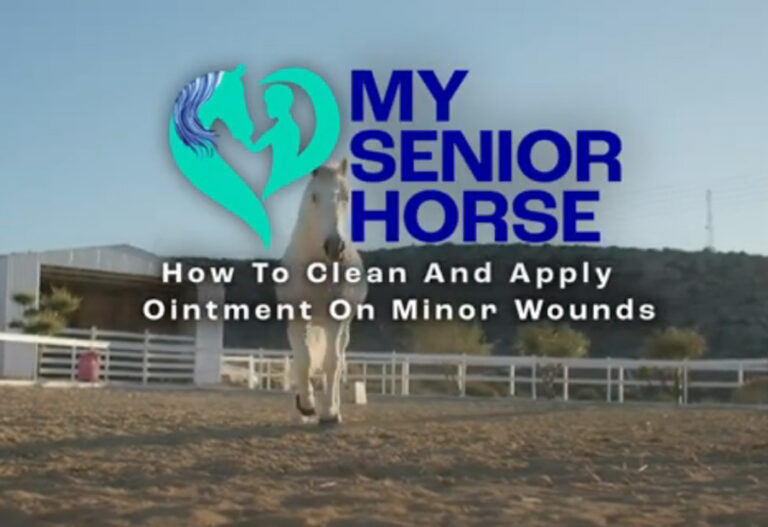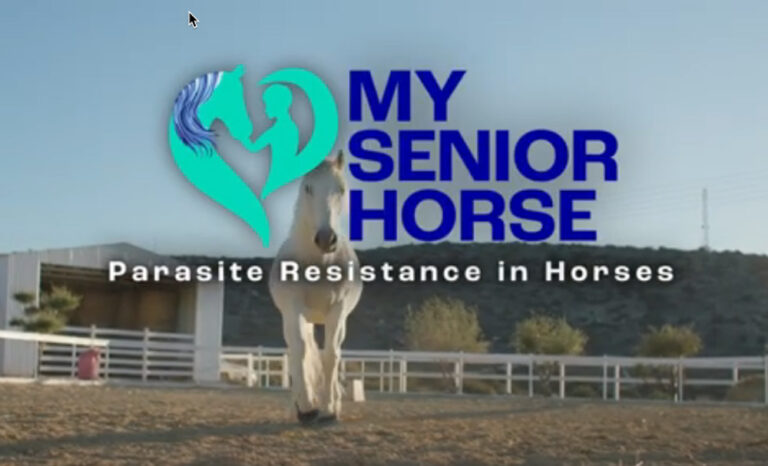Caring for senior horses can be an emotional and financial drain on horse owners. As horses age, their needs change significantly. Time takes a toll on these magnificent creatures, necessitating specialized care and attention.
For example, dental examinations every six months can help identify and address tooth issues such as uneven wear, cracked teeth, and gum disease early in the process. However, the need for quality senior horse care and management extends far beyond dental health.
Excess weight, for instance, can be detrimental to an older horse’s health. It not only increases the risk of laminitis, a severe condition affecting the horse’s feet, but also puts undue strain on the animal’s joints. Conversely, caring for senior horses that cannot maintain a desired weight means you deal with other health issues.
Therefore, managing a horse’s diet and ensuring that it maintains a healthy weight becomes paramount in senior horse care.
Veterinary Care: A Financial Perspective
Caring for an elderly horse isn’t merely a labor of love; it’s a significant financial commitment. From regular check-ups to treatments for age-related ailments, the costs quickly add up.
Owners caring for senior horses should take advantage of an annual veterinary plan that reduces the costs of basic care such as vaccinations and vet visits. They also should be prepared for the potential monetary implications of their commitment to their aging companions.
A questionnaire completed by 1,448 owners of senior horses was conducted in 2020 by the veterinary school at Tufts University. What they concluded was that caring for a senior horse with a chronic health condition can be a significant physical and emotional burden on the owner.1
The researchers noted, “Findings from the study supported the hypothesis that owners of geriatric horses with a chronic condition experienced higher levels of physical and emotional care burden, regardless of the age of the geriatric horse. Attachment levels reported by participants were high, regardless of the health status of the horse.”
They found that “various stressors experienced by the caregiver” can include “heavy workload, feelings of depression and guilt, and communication difficulties, which may result in emotional limits to one’s coping ability.”
The Emotional Toll
The bond between horse owners and their equine companions often goes beyond a simple caretaker relationship. Horses and owners potentially have one of the longest bonds between human and animal because of the horse’s longevity. The bond deepens over time, making the inevitable health decline of the horse emotionally taxing for the owner.
The decision to retire a horse, for instance, is often a complex one. It is fraught with considerations about the horse’s needs and the owner’s capacity to meet them.2
For the purposes of the Tufts study, a chronic condition was defined as any health issue lasting more than three months.
The survey included questions addressing the level of attachment between the horse and the person, veterinary care decisions, any traumatic events involving the horse, and the emotional reaction to the death of the horse.
Survey Results
The study data showed that an owner caring for a senior horse with a chronic condition spent 1.41 more hours per week managing the animal than did owners of older horses without chronic conditions.
Owners of older horses with chronic conditions also reported more frequent veterinary visits and higher equine health care costs, which contributed to a greater emotional burden. The data showed that these owners thought about the needs of their horses more often than did people who owned horses without chronic conditions.
Owners of older horses, especially those with chronic conditions, should seek support or counseling when the emotional or financial burden of caretaking become extremely stressful.3
Final Words
Caring for senior horses is a challenging, multifaceted responsibility that requires a significant commitment of time, energy, and resources. However, the knowledge that you are providing the best possible care for your aging equine companion can offer a sense of fulfillment and satisfaction that can outweigh many of the challenges.
However, owners who are feeling the emotional or financial stress of caring for a senior horse with chronic conditions should talk to their veterinarians about alternatives to the situation, including euthanasia.
References
- Aging Equines: Understanding the Experience of Caring for a Geriatric Horse with a Chronic Condition. Journal of Equine Veterinary Science
- https://equusmagazine.com/horse-care/easing-your-horse-into-retirement-8550 EQUUSmagazine.com
- Good News and Bad News About Senior Horse Care. EQUUSmagazine.com
Further Reading
- When is a Horse Considered Senior? Nettie Liburt, RNutr. MySeniorHorse.com
- Assessing Quality of Life in the Senior Horse. Dr. Merry Smith. MySeniorHorse.com
-
Editors of My Senior Horse are journalism professionals, most of whom are lifelong horse owners.View all posts

